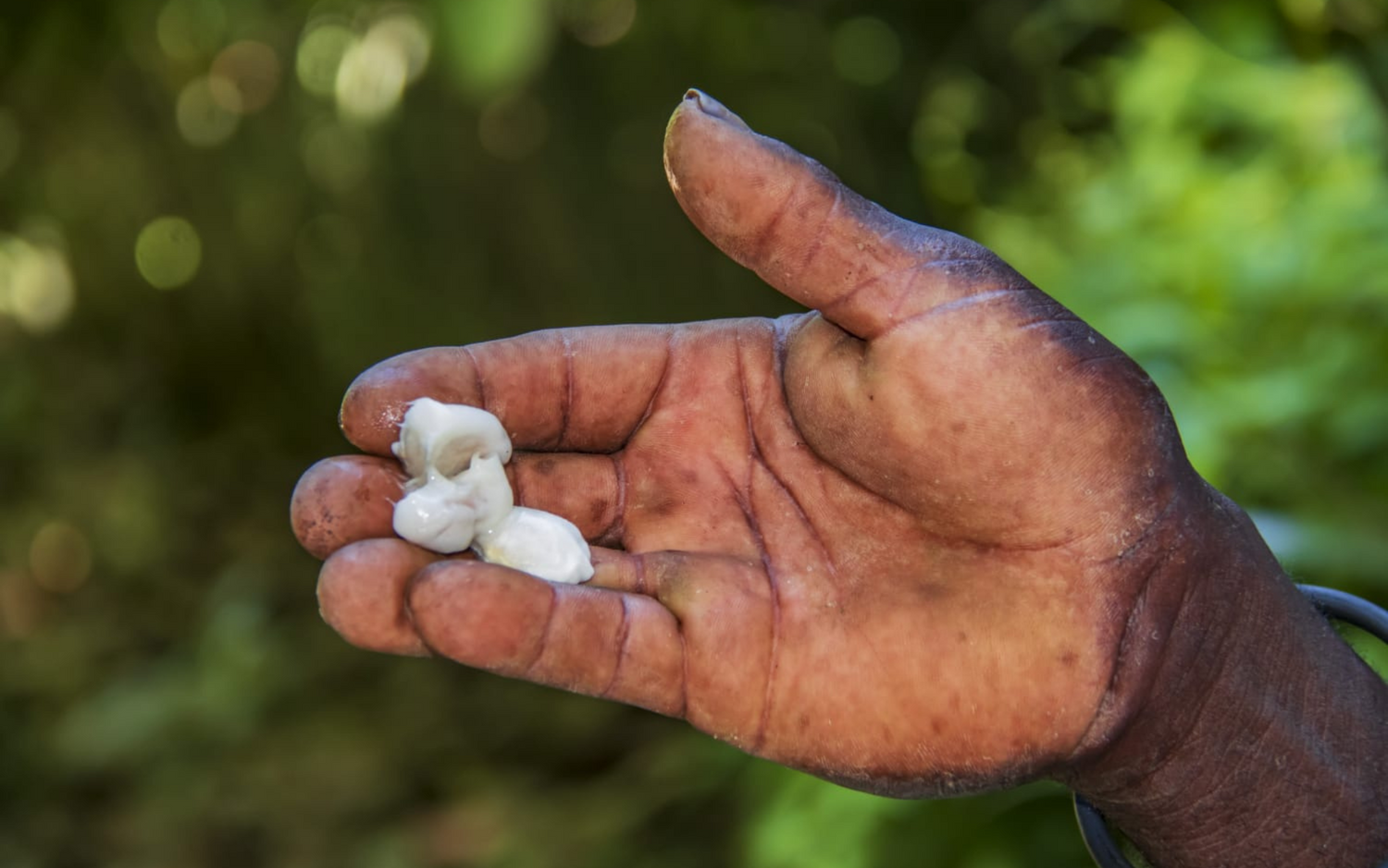About Us
At Chokopam, we bring you the purest, most authentic Haitian cacao, crafted with care and tradition. Our chocolate isn’t just a product—it’s a journey into the heart of Haiti’s rich agricultural heritage, where generations of farmers have cultivated some of the world’s finest cacao.
Our 100% organic cacao is sourced from Gonaïves, Haiti, where young men and women transform hand-selected cacao beans into pure, nutrient-rich chocolate. Every bar is crafted in a facility that meets the highest quality control and industry standards, ensuring a product that is as pure as it is powerful.

Meet The Founder, Antonio Philantrope.
Antonio Philantrope’s journey to create CHOKOPAM products is deeply rooted in his passion for Haiti's rich cacao heritage, which dated back to the 1700s when the nation was a leading exporter of some of the world’s finest cacao. Witnessing the struggles of local farmers and the decline of this once-thriving industry, Antonio felt a calling to revive Haiti's cacao legacy. He envisioned CHOKOPAM not just as a chocolate brand, but as a beacon of hope, showcasing the incredible energy, mood-enhancing benefits, and nutritional value of Haitian cacao. By establishing fair trading practices, he aimed to empower farmers and create jobs, ensuring that the community thrives.

Farm To table
Raw & Organic
At Chokopam, we bring you the purest, most authentic Haitian cacao, crafted with care and tradition. Our chocolate isn’t just a product—it’s a journey into the heart of Haiti’s rich agricultural heritage, where generations of farmers have cultivated some of the world’s finest cacao.

Support
FAFSI
This year, Chokopam will collaborate with Partners In Progress to provide opportunities and resources for Chokopam cacao growers to transition to regenerative agroecology practices as part of Konbit Vanyan Kapab Farmer-to-Farmer Agroecology for Food Sovereignty Initiative (or "FAFSI").

The Impact We're Making:
- Increased production, with many farmers more than doubling production after two years.
- Greater diversity of food crops grown, with farmers able to grow more diverse traditional healthy foods
- Increased access to markets and farm household income
- Reduced damage to crops and homes from storm events
- Improved resilience to drought
- Increased biodiversity, e.g., diversity and number of birds, pollinators
- Improved child health and nutrition
- Greater knowledge sharing and development collaboration between youth and elders
